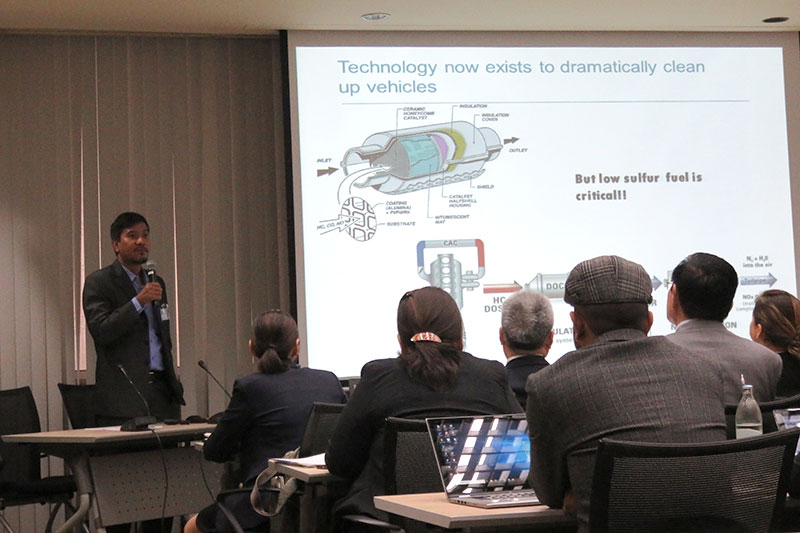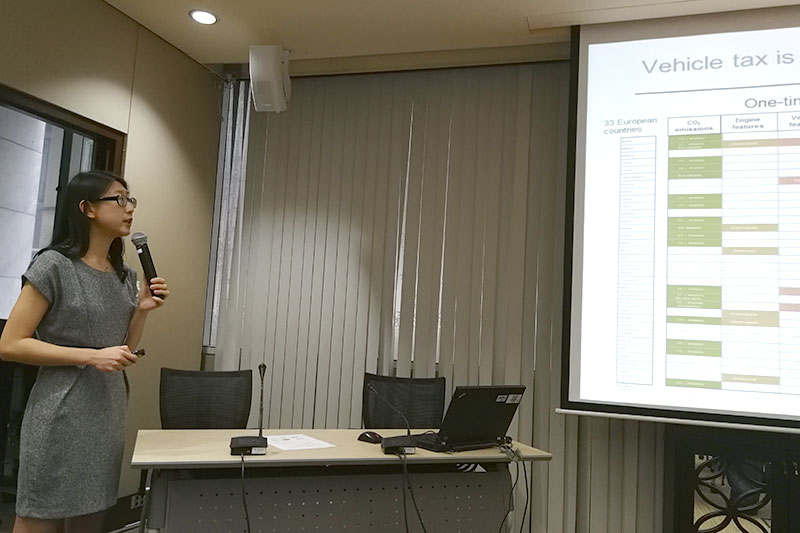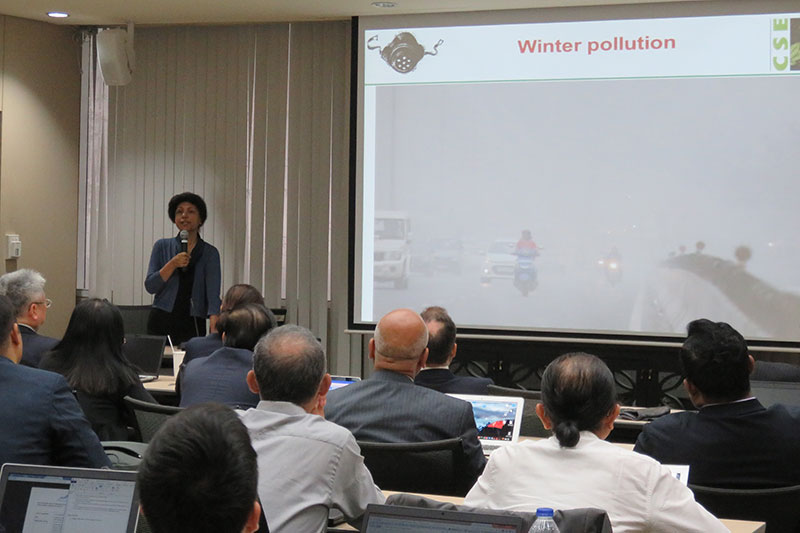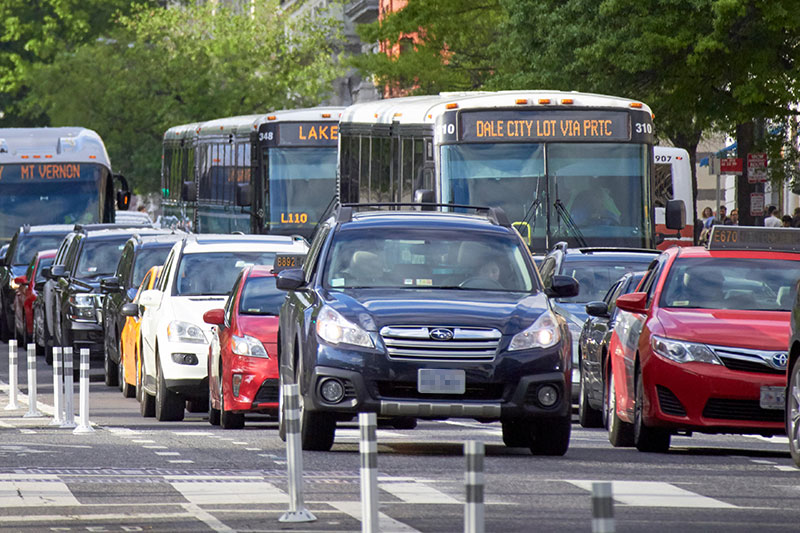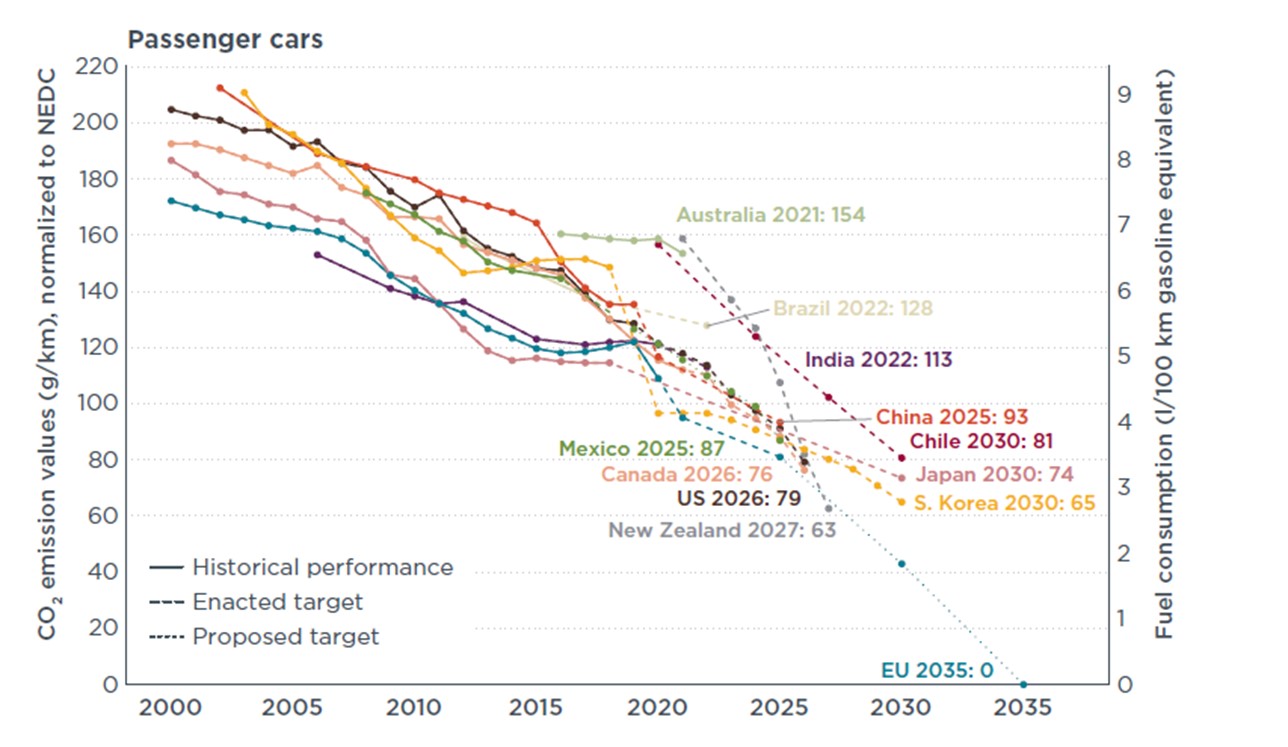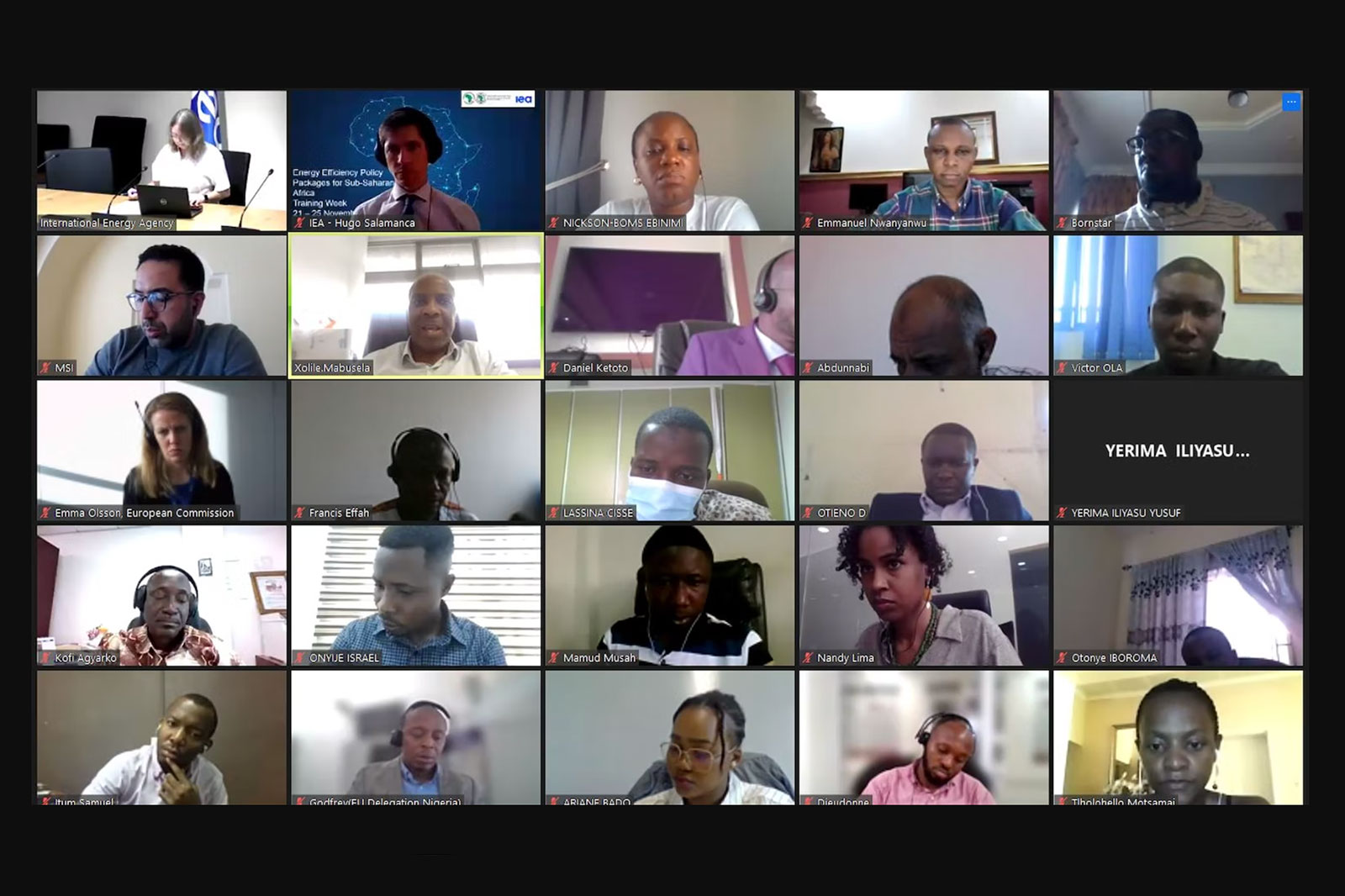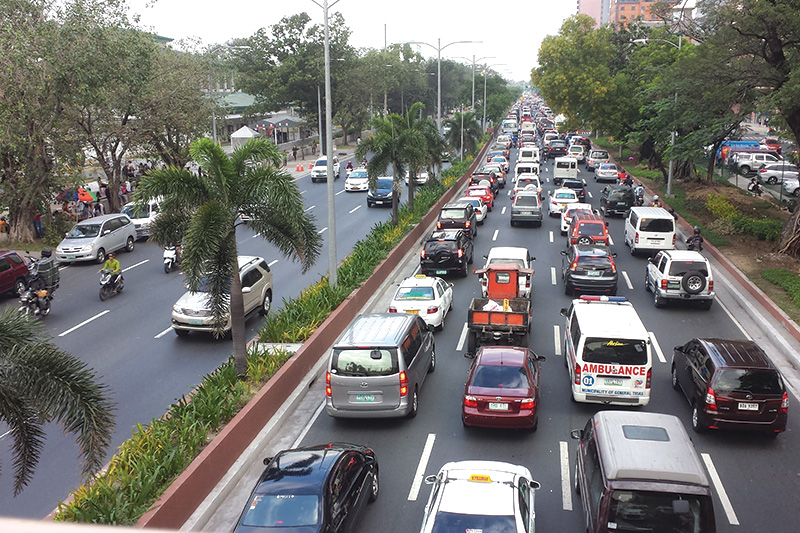Asia Clean Air Week focuses on more efficient vehicles
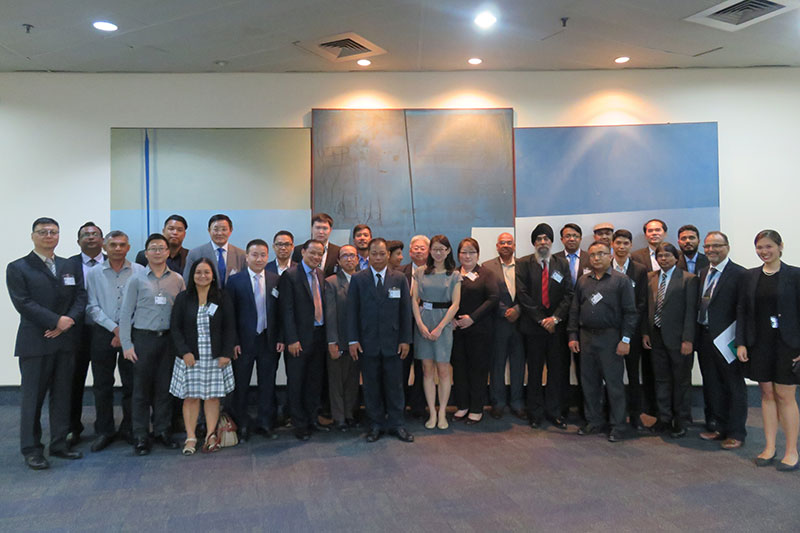
The Global Fuel Economy Initiative (GFEI) contributed to Asia Clean Air Week which was held jointly with the Asia Pacific Clean Air Partnership Joint Forum. The event organised by UN Environment and Clean Air Asia was held in Bangkok from 19th to 23rd March.
GFEI led a session on "Doubling fuel economy in Asia," which shared experiences on developing national policies for more efficient vehicles, including electric vehicles, as well as the challenges and benefits of having a regional approach to promoting policy development.
Bert Fabian of UN Environment opened the session with an introduction to fuel economy and integrating electric vehicles, stating that 20% of all greenhouse gasses emitted as a result of human activity stem directly from the use of vehicles. "With significant economic growth in the ASEAN region in particular” he said “it is crucial for these governments to push forward policies that will promote the use of electric vehicles to mitigate air pollution, which jeopardises not only us, but future generations.”
Zifei Yang of ICCT presented an overview of global fuel economy policies, with an emphasis on the application of fuel efficiency standards, fiscal measures, and vehicle fuel efficiency labelling schemes. Later, Gessarin Gunthawong from GIZ presented ongoing work on ASEAN fuel economy roadmap development, and the impact of Thailand’s fuel economy policies. Representatives from Bangladesh, Myanmar, Sri Lanka, and Nepal also updated the group with recent developments on fuel efficiency policies.
